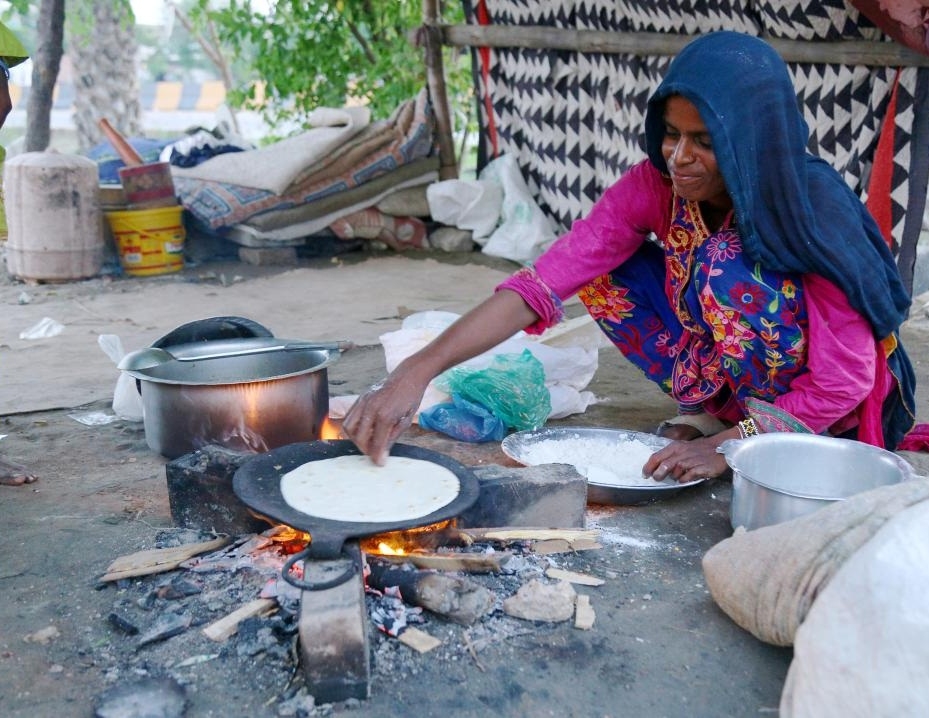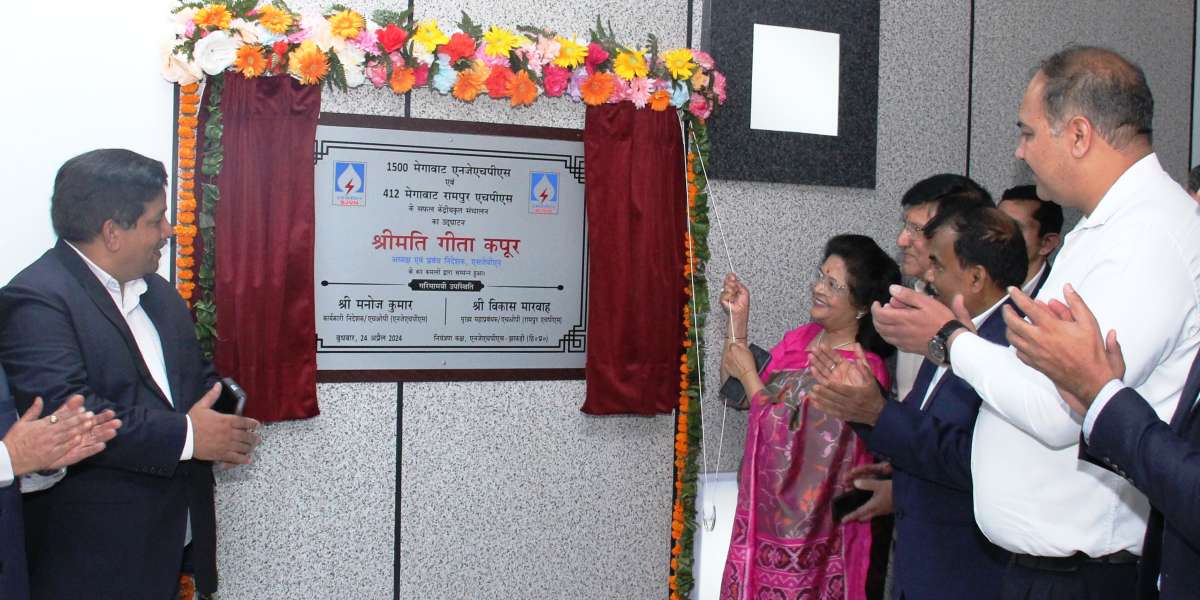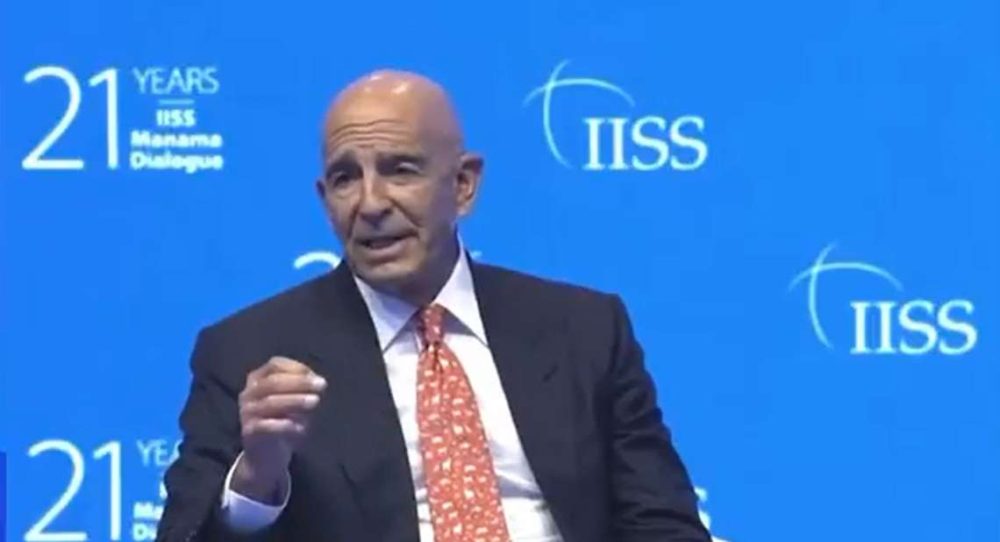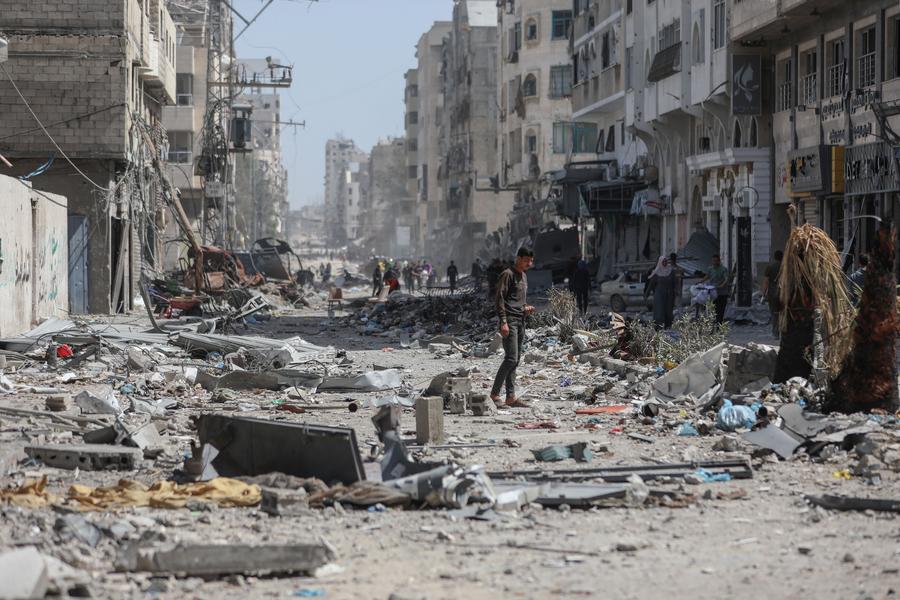Shortage of wheat, lower production and improper procurement affect Pakistan. Pakistan used to be a wheat-exporting country until a few years ago. However, it has begun importing wheat to meet domestic requirements now … writes Dr Sakariya Kareem
Wheat-producing farmers in Pakistan have taken to the streets over delayed procurement even as the majority of the population struggles to get enough wheat floor for their daily sustenance.
Pakistan used to be a wheat-exporting country until a few years ago. However, it has begun importing wheat to meet domestic requirements now. Pakistan could produce 27 million tonnes when its domestic requirement was 31 million tonnes.
It imported 3.4 million tonnes of wheat worth USD 1 billion between July 2023 and March 2024. The imports caused huge losses to Pakistan’s exchequer, which is already under pressure due to unsustainably low foreign reserves.
The situation does not seem good this year either. Untimely rains in the month of April have disrupted wheat production by increasing operation costs and lowering output. Before that, the lack of rain during the rainy season created problems.
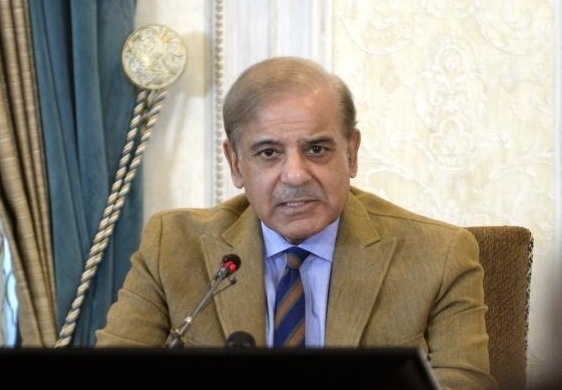
Wheat production is likely to miss the target as the total production would be around 29.6 million tonnes. This has caused wheat prices to go up drastically, leading to widespread dissatisfaction and subsequent mass protests.
The historic shortage of wheat has led the people of Pakistan to demand the government to declare an ‘agricultural emergency’. Food supply shortage amid economic crisis has contributed heavily to the sufferings of people.
Most impoverished individuals are badly affected due to wheat shortage and mismanagement by the government said Misbah Rashid Khan, research associate at Islamabad-based think tank Social Protection Resource Centre.
Khan said “The recent situation has transpired into the distressing images of people in Pakistan vying for subsidised wheat, resulting in lengthy queues, chase of wheat trucks, and deadly stampedes. The situation in Pakistan is critical.”
The lack of enough diet supplies is also affecting mothers and their babies as wheat is the most important food crop in Pakistan. “Even the fats that are coming from the (wheat) paratha, they lack the essential fats,” said Dr Fyezah Jehan, chairperson of the Department of Paediatrics and Child Health at Karachi-based Aga Khan University Hospital.
Pakistan ranked 102nd out of the 125 countries in the 2023 Global Hunger Index. Undernourishment due to insufficient calorie intake is one major element, and wheat is the major source of calories in Pakistan.
“Wheat is the basic staple food for most Pakistanis and makes up the bulk of our calorie intake,” said Ghasharib Shoukat, the Head of Product at Pakistan Agriculture Research. The slower growth in wheat production has made Pakistan dependent on imports, he added.
As the production plummeted, people in Pakistan witnessed disrupted supplies and a sharp increase in wheat prices in the past two years. There have been long queues, fights and stampedes for subsidised wheat as well as protests against the government.
The shortage of wheat led to adulteration, black-marketing, theft, and smuggling of wheat, in which government officials were claimed to be complicit. Even government warehouses ran out of wheat. Over 40,000 tonnes of wheat was stolen from warehouses, leading to the suspension of 67 officers.
Pakistani parliamentarian Mushtaq Ahmed alleged that the Islamabad government and leaders were behind the wheat shortage. “I am surprised that enough wheat is available in the silos but who is stealing the flour and chicken; who is stealing the dollars. The hoarders and flour smugglers are sitting in parliament,” he said.
Wheat growers are under tension as the government is neither procuring their wheat crop nor ensuring fixed remuneration to them. This has affected the sowing of the upcoming cotton crop. “If their wheat produce is not purchased, they won’t have any money to cultivate the cotton,” said a farmer named Waqar Gondal.
Farmers held protests demanding proper and timely procurement and that too at fair remunerative prices. “We will not harvest wheat crop next year, if the exploitation of farmers continues, both from middlemen and the government,” said Kisan Board Pakistan’s Sardar Zafar Hussain Khan. “If the government did not come up with an immediate solution, then we may convert the protest into a sit-in.”


